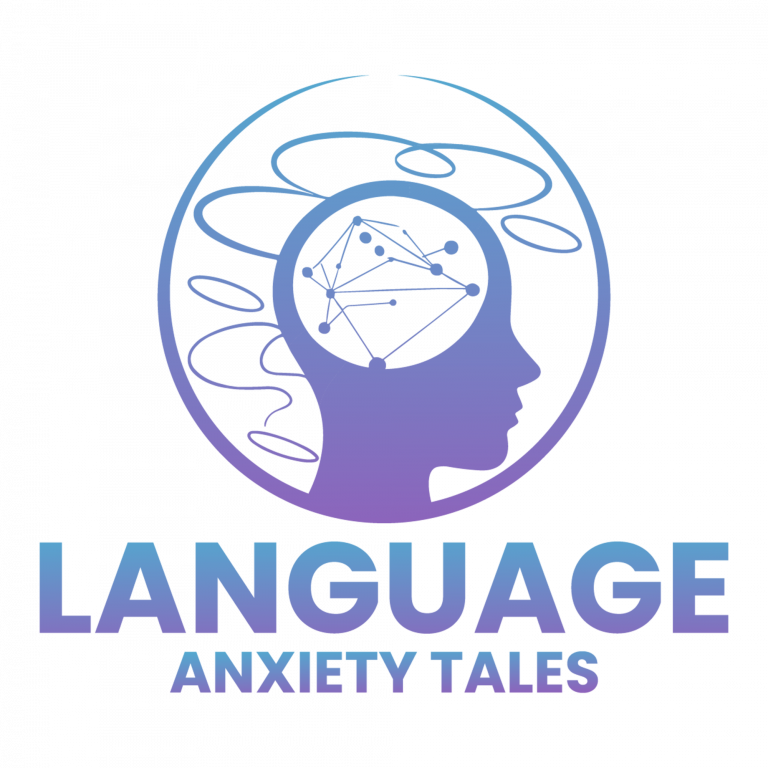What is Native Language Anxiety?

Photo by Uday Mittal on Unsplash
Imagine being judged not for your ideas, but for the way you express them in the language you grew up speaking. Native Language Anxiety (NLA) is the deep-seated fear or discomfort some individuals experience when speaking their first language—the language that should feel most natural. It’s paradoxical yet painfully real, affecting people from diverse cultural and linguistic backgrounds.
NLA can stem from various sources: fear of being judged by native speakers for not “sounding right,” societal stigmas about certain dialects or accents, or personal feelings of inadequacy. It’s common among immigrants, expatriates, or individuals who’ve spent extended periods in environments where their native language isn’t spoken. For many, this anxiety is compounded by a sense of alienation from their cultural roots, as speaking their native tongue becomes associated with feelings of shame or insecurity.

Photo by Christina Langford-Miller on Unsplash
For example, imagine a young professional raised in a bilingual household. At home, they spoke their native language, but their professional life demands fluency in another. Over time, their native tongue becomes rusty, and even speaking it with family triggers anxiety—a fear of making mistakes or being “less than authentic.” Similarly, students studying abroad often feel hesitant to participate in conversations in their native language due to fears of being criticized for losing fluency or having their cultural identity questioned.

Photo by Mimi Thian on Unsplash
The psychological toll of Native Language Anxiety goes beyond the act of speaking. It chips away at self-esteem, isolates individuals, and creates a disconnection from one’s roots. Over time, this can lead to emotional distress and a diminished sense of belonging. Addressing this issue starts with recognizing its existence and fostering open conversations about it. Communities, families, and educational institutions all play a vital role in reducing the stigma and providing support for those affected.

Photo by Anthony Tran on Unsplash
Understanding and acknowledging this phenomenon is the first step toward addressing it. By sharing these stories, we hope to foster empathy and remind everyone that no one should feel alienated from their own voice. Together, we can create a world where people embrace their linguistic heritage without fear.
Disclaimer
The content published on Language Anxiety Tales is created with the aim of raising awareness about Native Language Anxiety and related topics, a field with limited existing research. Due to this lack of established studies, many of the articles draw upon personal experiences and insights, as well as contributions from ChatGPT, an AI language model.
Articles may be fully or partially written by AI and are carefully reviewed, refined, and proofread by Mirko Fabian to ensure accuracy, relevance, and alignment with the initiative’s mission. While every effort is made to provide thoughtful and valuable content, readers are encouraged to approach the material as a starting point for discussion rather than definitive academic research.
